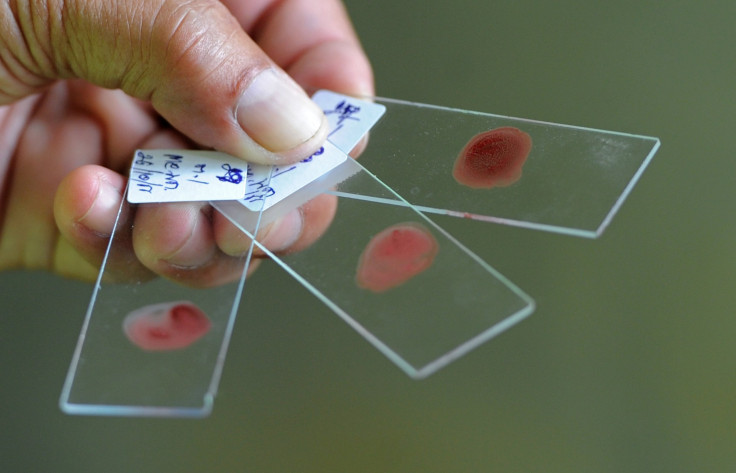What Is Sepsis? 9-Month-Old Diagnosed With Illness After Making Strange 'Grunting' Noise

A nine-month-old baby from West Kirby, England, was taken to a hospital after her parents heard her making strange “grunting noises” which turned out to be a life-threatening condition.
In late February, Clara Wood was diagnosed with sepsis — a rare and deadly illness, after her parents noticed her making unfamiliar noises and becoming lethargic. The infant was sick for many days but her symptoms were similar to the ones usually associated with babies’ cough and cold. By the time her parents called an ambulance, the infant’s skin had become mottled.
Her mother, Louise Wood, said she went to check on the infant after she heard her coughing. The baby was “very sleepy and uninterested and didn’t look right.” Louise also noticed the baby making a strange noise and became worried. “I called NHS 111 and explained that she’d developed new symptoms and deteriorated. The operator immediately called an ambulance and when paramedics arrived, I could tell that they were concerned,” she said.
The skin on the baby’s legs had become mottled and her lower legs were freezing cold by the time the paramedics arrived. The parents, however, were shocked when the baby didn’t react to the needle used to draw her blood.
When the blood test results were out, they revealed that Clara was suffering from a form of pneumonia and sepsis. The doctors at the hospital began her treatment and the parents were doing everything they can to take care of their daughter.
What Is sepsis?
Sepsis is a potentially life-threatening condition caused by the body’s response to some infections. Usually, the body releases chemicals into the bloodstream to fight infections. However, sepsis occurs when the body’s responses to these chemicals become out of balance and triggers changes that can potentially damage multiple organs.
Sepsis may progress to a septic shock causing the blood pressure to drop dramatically and lead to death. It is usually caused by an infection and can happen to anyone. It may especially affect older adults, pregnant women, children under the age of one, people with chronic conditions like cancer, diabetes, kidney or lung diseases, and those with a weakened immune system.
Symptoms of sepsis could be similar to that of flu or a chest infection. However it has various other symptoms including lethargy and difficulty in waking up, the body becoming abnormally cold to touch, skin appearing mottled or bluish, rapid breathing, a rash that doesn’t fade away when it is pressed and seizures or convulsions.
For its treatment, patients are usually given antibiotics if it’s in the initial stages, however, in the later stages of sepsis, patients need to be kept in the intensive care unit of a hospital. They are usually administered with intravenous fluids, doctors may use vasopressors or central lines, they may also initiate kidney dialysis and in case it is very serious, a surgery may also be required. The surgery involves removing the tissue damaged by the infection.
© Copyright IBTimes 2024. All rights reserved.





















